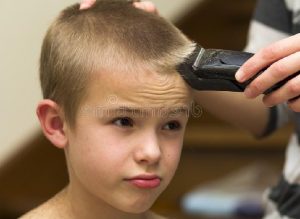The Present Simple
The Present Simple, or Simple Present expresses
1. Repeated and usual actions, habits and routines
2. Facts or generalizations
3. Scheduled events, transportation schedules
Positive Sentences with I, We, You, They
| (+) I/We/You/They Eric and Iris/These cars+ verb-1 (base form) The nurses/Her professors |
Examples:
• I go to work by subway (underground).
• Rabbits eat carrots.
• Aruzhan and Svetlana work in human resources.
• Several buses leave for Cusco in the morning.
Negative Sentences
| (-) I/We/You/They Their patients/Her tea cups+ do not + verb-1 The sailors/Those stray cats |
Examples:
• Guillaume and Pascal don’t care for football. Instead they play ice hockey.
• Mrs. Fujita’s neighbors don’t like loud music.
• Stores don’t sell alcohol to minors.



Exercise
Respond to the following with that’s true, that’s false, that’s not true, yes, no, yes and no, in the middle, maybe, usually, sometimes, mostly, in a way, rarely, it depends.
Say why and give examples. Make any necessary changes.
Monday. I always say “Hello” or “Good morning” to my neighbors when we meet. Yes or no? In my city, strangers always say “Hello” to each other.
Tuesday. All my friends, classmates, colleagues and family members have smartphones.
Wednesday. As soon as I come home from school, I do my homework (or surf the internet).
Thursday. My classmates and I get a haircut once every two weeks. My friends and I get a haircut twice a month.
Friday. People in my town or city make their own clothes. We wear hand-made clothes.



Saturday. Most people know how to read, write, and do math.
Sunday. Adults and old people think the internet is bad for young people.
Weekdays. I see my doctor once a year. I visit my doctor once a year.
Workweek, School Week. My friends come to my house on weekends. My friends visit me on weekends.
Weekend. My classmates want to attend university, get good jobs and become successful.



